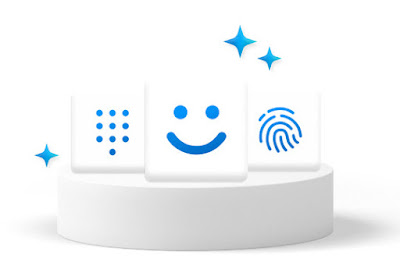Microsoft needs to address a number of issues with Windows 11 before concentrating on releasing Windows 12. Although Microsoft's taking far longer than necessary to fix problems like the inability to move the taskbar, the software behemoth is open about what features and enhancements people want to see in Windows 11 and how it plans to address them.
Microsoft was finally seen working on a solution to the long-standing problem of folders from a desktop or an external program not opening in new tabs in the existing window in File Explorer in the last several months. ViveTool allows Windows Insiders to access this specific change in File Explorer behavior, but if you're not an Insider, don't worry—all you need is the new ExplorerTabUtility program.
In Windows 11 22H2, Microsoft added tabs to File Explorer to facilitate file organization and folder switching. Nevertheless, the business was unable to accurately replicate how tabs function in a web browser. Although Microsoft is working on it, ExplorerTabUtility, a third-party tool, surpasses Microsoft in both problem-solving and setting the standard. ExplorerTabUtlity differs from File Explorer substitutes such as File Pilot.
This implies that you may better manage your tabs without having to spend time acclimating to a new File Explorer application. Rather, the application modifies File Explorer to function how users have always desired. When the installation is finished, folders or links to external directories will open in new tabs rather than opening them in new windows.
Much more is possible with the ExplorerTabUtility. Additionally, you can open numerous directories in separate tabs within the same File Explorer window with this program. This is not how Windows 11 operates by default. Every folder will launch numerous File Explorer windows if you attempt to open multiple folders with Ctrl + click, regardless of the OS version you are using. You can modify it with the ExplorerTabUtility.
Additionally, like online browsers, the app allows tab history. This implies that you can use the keyboard shortcut Ctrl + Shift + T to reopen closed File Explorer tabs. If this key combination doesn't work for you, you modify the combination using the app Settings. Additionally, it has what the makers refer to as "Smart tab switching," which makes sure that when you try to open a location that is currently open in File Explorer, it doesn't launch a duplicate tab.
Additionally, the ExplorerTabUtility can be useful if you need to replicate a tab. If you have the app installed, you can duplicate the tab by pressing Ctrl + D on your keyboard. Once more, if the hotkey doesn't work for you, you can try another one. Compared to the normal experience in Windows 11 File Explorer, which involves right-clicking the tab and then choosing the Duplicate option, this is far simpler.






.jpeg)
.jpeg)
.jpeg)
.jpeg)

.jpeg)
.jpeg)
.jpeg)

.jpeg)
.jpeg)
.jpeg)
.jpeg)
.jpeg)







.jpeg)













